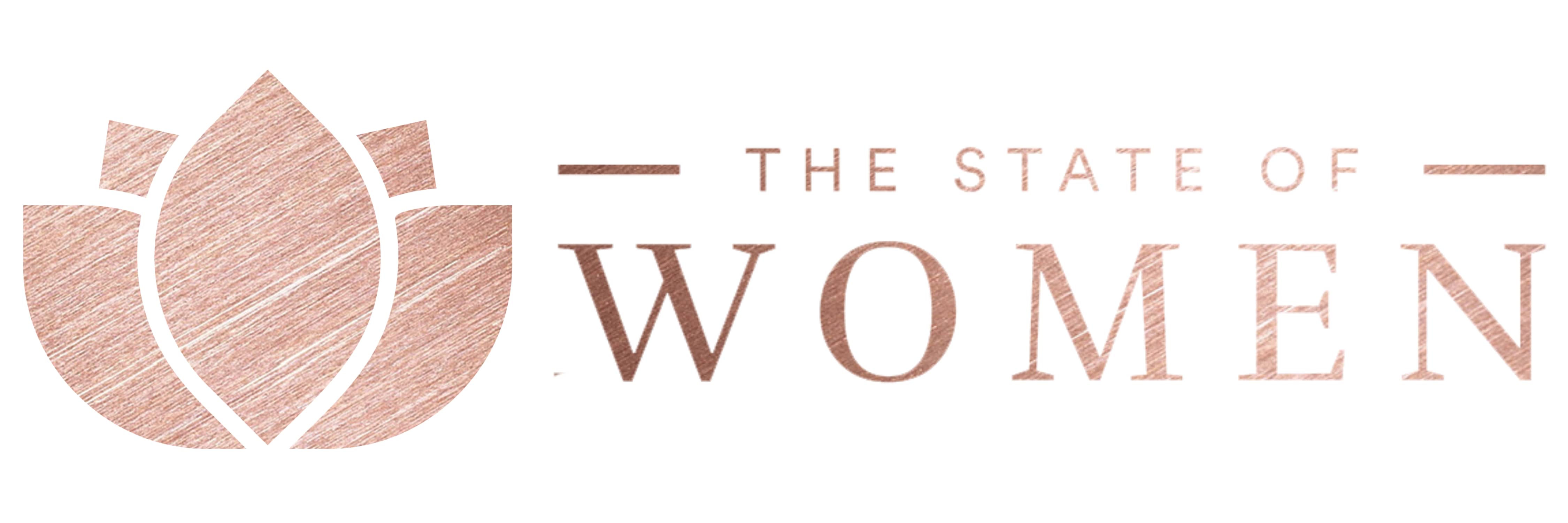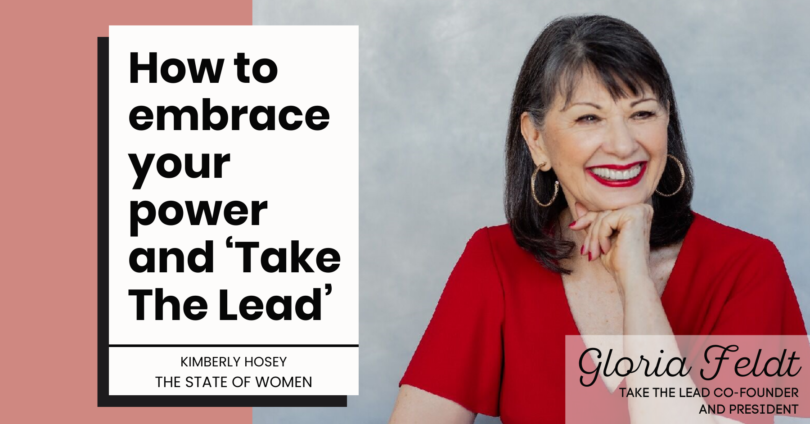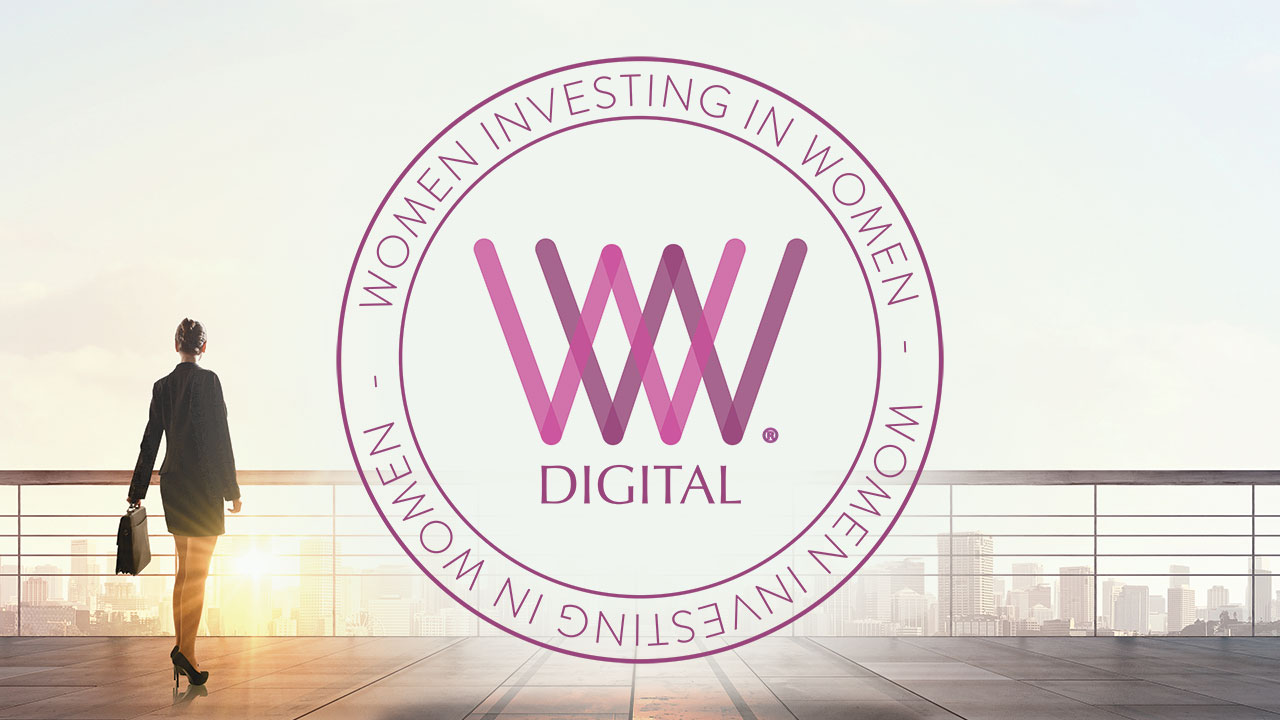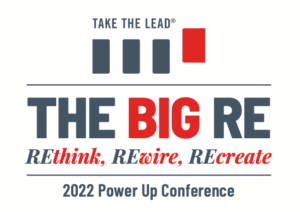 Gloria Feldt has seen a lot of change during her life when it comes to gains and losses for women. And while not all change has helped women inch closer to true parity and equal rights, Feldt and her organization Take The Lead are determined to help women see—and more importantly, use—the power they have.
Gloria Feldt has seen a lot of change during her life when it comes to gains and losses for women. And while not all change has helped women inch closer to true parity and equal rights, Feldt and her organization Take The Lead are determined to help women see—and more importantly, use—the power they have.
Feldt is the co-founder and president of Take The Lead, an organization she started with Amy Litzenberger to connect, educate, and empower women across the nation. Take The Lead will celebrate its eighth birthday—and Feldt’s 80th—this Thursday and Friday, August 25-26, at The Power Up Concert and Conference, 2400 East Missouri Ave., in Phoenix, Arizona and globally online.
The concert will feature performances from award-winning musicians including pianist Marina Arsenijevic, feminist trio BETTY, Jazz Con Alma, and Dierks Bentley. The conference the next day features a lineup of feminist thought leaders, entrepreneurs, activists, and more.
Feldt; who is also the former president of Planned Parenthood and speaker, teacher, and bestselling author; laughed about holding the conference in Phoenix in August. But she’s not sweating it (metaphorically, anyway): August 26 is Women’s Equality Day, and Arizona is where she grew much of her network during pivotal years in the fight for women’s rights.
Claiming our power, even as we recognize inequality
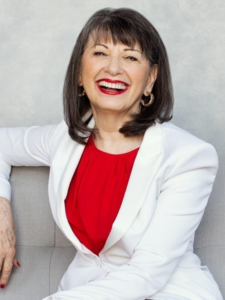 A teenage mother who initially saw few options for a rewarding career, Feldt first became involved with Planned Parenthood in Texas but soon rose to lead the Central Northern Arizona. From 1996 to 2005, she served as the president of Planned Parenthood Federation of America, helping to secure insurance coverage of contraceptive care.
A teenage mother who initially saw few options for a rewarding career, Feldt first became involved with Planned Parenthood in Texas but soon rose to lead the Central Northern Arizona. From 1996 to 2005, she served as the president of Planned Parenthood Federation of America, helping to secure insurance coverage of contraceptive care.
“The work I did with Planned Parenthood really led me directly [to founding Take The Lead], because I could see that until women have equal pay, power, and positions; we’re going to keep fighting the same battles over and over and over again,” she said. “So I researched why we were so far from parity, and I was shocked to find that a lot of it was in our own heads, and that we have to deal with that.”
Feldt recognized persisting inequalities, but felt that power is “never relinquished willingly” and that women must play a more concrete role in their own empowerment.
Power has been used against women for so long that it’s natural to have a negative relationship with it, Feldt says. Still, the only way is through. A hammer can be used to destroy or build, but women can’t create opportunities “without using your power,” Feldt said. “You have to use your hammer.
She combined her talents for teaching and leadership to create a curriculum to help women “redefine power in our own minds.”
That doesn’t mean denying inequalities. Rather, Feldt says, adjusting how we relate to power in our own minds—and becoming prepared with the skills, tools, and connections to embrace the power we’re fighting for—will help women reach gender parity.
“That’s where Take The Lead comes in,” she said. “I did the research. I wrote the book.”
The power of knowing your power
 She’s referring to No Excuses: 9 Ways Women Can Change How We Think About Power. Feldt rose to national prominence during her time at Planned Parenthood, but she wanted to continue the conversation by looking at underlying power structures impeding gender parity and the potential for women to take more control.
She’s referring to No Excuses: 9 Ways Women Can Change How We Think About Power. Feldt rose to national prominence during her time at Planned Parenthood, but she wanted to continue the conversation by looking at underlying power structures impeding gender parity and the potential for women to take more control.
“I didn’t realize it was a leadership book; I thought it was a social commentary,” she said. It wasn’t until Valley Leadership in Arizona asked her to turn the book into a workshop that she realized she might have a curriculum—and a growing movement—on her hands.
The workshop covered nine “Leadership Power Tools” from the book, from No. 1 (Know your history) to No. 9 (Tell your story), which are also featured in an online course for those who want to “dive deeper” with professional advice and individualized action plans.
It’s the combination of inspiration with strategy and action that makes the difference, Feldt says.
“It was so extraordinary to see the incredible shift that women had by simply reframing how they were thinking about power, and then giving them some very concrete skills,” she said of the first workshop. “That’s the core of what we do at Take The Lead: Help women with that mind shift, give them the tools, and help them make their own strategic plans based on what they decide they want their intentions to be.”
Inspired to act
The balance of feeling fired up to embrace one’s power (or outraged at injustice) and how to turn that motivation into real action has been a throughline in Feldt’s career since her early days in the Civil Rights Movement and her time at Planned Parenthood.
“Believe me, I think there’s a time to march,” she said. However, she cautioned against centering rage without action, which she said can turn self-righteous and unhealthy.
“The real effectiveness is in turning that anger and fear into positive action,” she said. “You will not always succeed, but better to try, better to be on the right side of history, better to do the part that you can do.”
She pointed to several organizations to join to have an impact: NARAL excels in political grassroots, district-by-district political organizing, Planned Parenthood is first and foremost a care provider, and organizations like When We All Vote and Civic Alliance provide crucial nonpartisan voter support.
Just as society benefits from each person identifying and using their particular skills and power, each organization provides specific essential services, she said.
For Take The Lead’s part, “We help women get their head in the right place, know what their intention is, and have a plan for reaching it, and the tools they need to do it.”
Connecting the dots
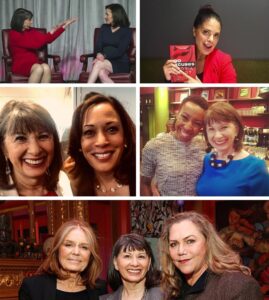 Feldt’s own past work and current role isn’t the only important connection in her mission. She said she hopes everyone understands the connections between various societal injustices—and the ways we affect society and one another. We all thrive when we all thrive.
Feldt’s own past work and current role isn’t the only important connection in her mission. She said she hopes everyone understands the connections between various societal injustices—and the ways we affect society and one another. We all thrive when we all thrive.
“There is a direct connection between the attempts to make voting more difficult, and the attempts to roll back reproductive rights, and the reason we don’t have the Equal Rights Amendment … It’s important to connect those dots,” she said.
And although our culture was created by and for—and is still often dominated by—white men, Feldt says including men in the conversation is still important.
“It’s important to create a society in which everyone in it sees themselves in the picture,” she said.
One part of that picture includes a new view of power that doesn’t frame it as a finite resource.
“I teach women … If I help you and you help me we both have more. The male narrative of culture has been that resources are scarce and we have to fight for our little piece of the pie,” she said. “But there’s no limit to our ability to create new technologies; there’s no limit to how we can innovate and create and solve problems.”
She believes it’s one way gender parity can help everyone, regardless of gender: “Having more women in leadership can help to dislodge some of that thinking about resources being inherently scarce and really [help everyone understand] that you can make more pies; you can always make more pies.”
Examples of equality, embracing our power
Feldt is optimistic about younger generations of girls and young women, who have grown up seeing a wider range of options for women professionally and personally. Younger women, she said, seem less likely to assume they must adopt traditionally “masculine” traits if they want to enter the C-suite.
Her journey—from limited options, to fighting inequality, to embracing and finally using and sharing her power—is a relatable one; and it’s echoed in the mission, events, and course materials of Take The Lead.
In addition to the self-directed online 9 Leadership Power Tools course, Take The Lead has designed 50 Women Can Change the World, a program that expands the curriculum and forms cohorts of 50 emerging industry leaders (sectors so far have included health care, media, and finance), who then learn together and form lasting supportive connections.
“Guys have always had the ol’ boys’ network, so we’re hoping as they’re learning about these power tools, creating these plans for themselves, women are also creating their network,” Feldt said.
The future for women and Take The Lead
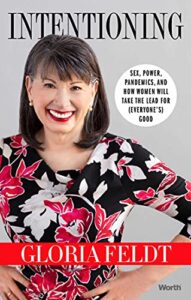 Feldt’s latest book, Intentioning, follows her and other professional women on the next step. Speaking to women approaching or in leadership positions, the book asks, “Now that you have the power, the power to what?”
Feldt’s latest book, Intentioning, follows her and other professional women on the next step. Speaking to women approaching or in leadership positions, the book asks, “Now that you have the power, the power to what?”
“The power TO” is central as well to the Power Up Conference. On a personal level: Now that you have power (or if you are looking to change your power or relationship to it), what do you want to do with it? On a larger, societal level: How can we focus on the progress we’ve made and make the most of it so we can keep making progress—for women currently in power and for the most vulnerable among us?
“I just think that especially at a time like now, it’s important to invest in yourself. It’s important to invest in your own skill-building,” Feldt said. Still, she hopes to keep the movement going long after the party is over.
“Translating that inspiration into what you’re actually going to do is what it’s all about,” she said. “That’s the hard work of life.”
The Power Up Concert and Conference is August 25 and August 26. Virtual concert tickets are free for all, in-person concert tickets are free with paid conference admission.
Gloria Feldt will be developing a unique course based on the lessons in Intentioning this fall.
Follow Take The Lead on their website and on Instagram, Facebook, LinkedIn, Twitter, and YouTube.
